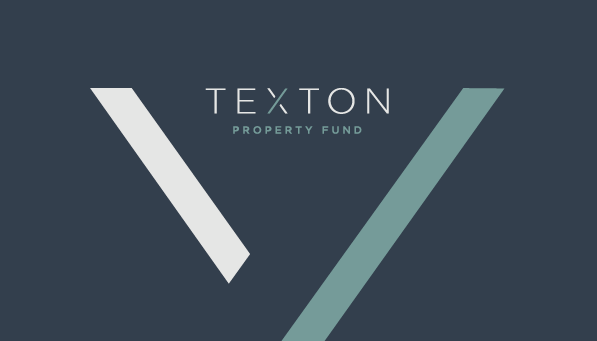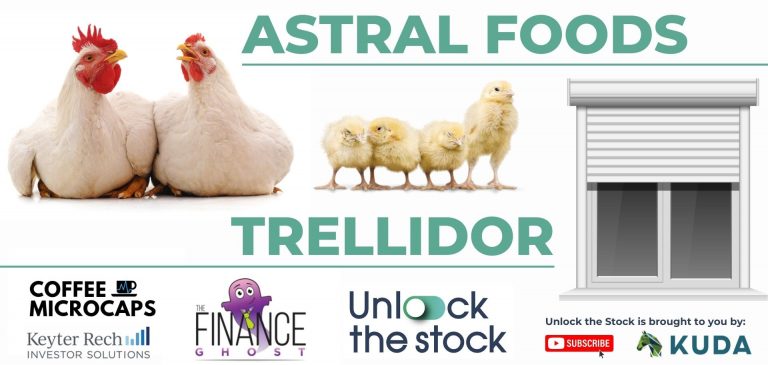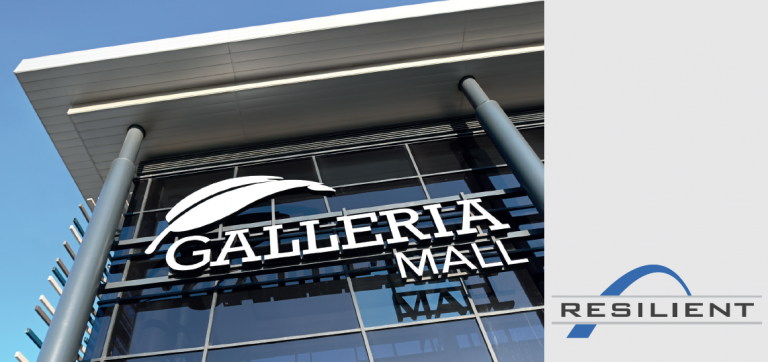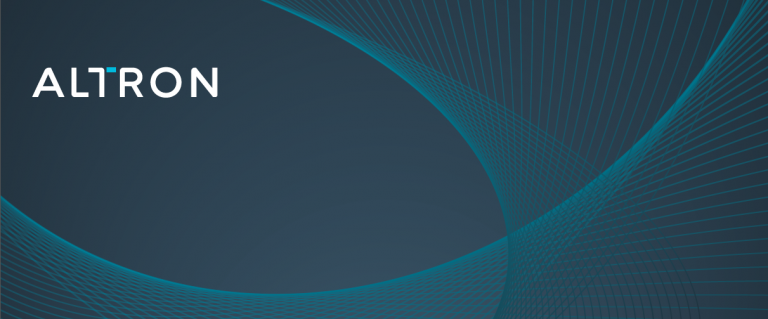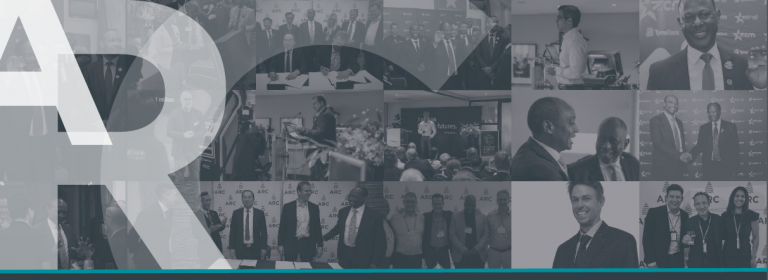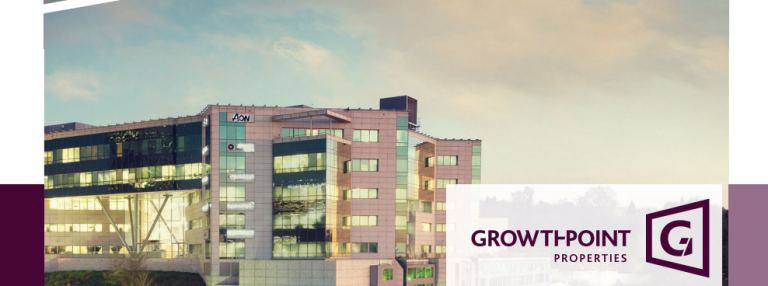This year, Thungela is up over 84%. In early March, it was trading 8x higher than the levels after the unbundling in June 2021. For those who were happy to invest in coal, this has been far more lucrative than the lump Santa leaves under the tree for the naughty kids. This is the lump you wanted!
The maiden dividend per share is R18.00, which is particularly ridiculous when you consider that Thungela closed below R22 per share immediately after the unbundling. Those who bought in right at the beginning will have almost the entire investment returned to them through this dividend.
The empowerment partners to the structure (the SACO Employee and Nkulo Community Partnership Trusts) will receive R273 million in dividends. This could be life-changing stuff for those involved and I hope that the cash will be applied in such a way that it has a lasting impact.
To describe this business as “cyclical” would be the understatement of the decade. Even with pro-forma numbers for 2020 (which is important as the 2020 numbers on an unadjusted basis aren’t comparable at all as they only include one out of seven operating mines), revenue jumped 45% year-on-year.
Adjusted EBITDA margin was 38% in 2021, as the group managed to cut costs by R3 billion despite adding R8 billion to revenue.
Profit for the year ended December 2021 was R6.9 billion and the balance sheet had R8.7 billion in net cash at the end of 2021.
The scary thing is that it could’ve been even better, but Transnet Freight Rail continues to let the team down with poor performance. It doesn’t help us much to mine all the coal in the world unless our government can help the private sector take the stuff to the ports and export it. In response, Thungela prioritised higher quality coal so that it could send the highest margin product on the trains that were available.
Thungela describes the Transnet problem as being “transient” which sounds far too similar to Jerome Powell describing inflation as “transitory” and we all know how well that is working out in the US.
The company expects thermal coal prices to remain juicy in 2022 thanks to supply-demand imbalances in the market. With a cash-flush balance sheet, Thungela is able to either invest in internal projects or make external acquisitions. Sustainable capital expenditure for 2022 is expected to be between R1.6 billion and R1.8 billion. Strategic projects will need between R100 million and R200 million in 2022, increasing to between R700 million and R900 million by 2024.
We can only imagine what might be possible if we had a working railway system.



